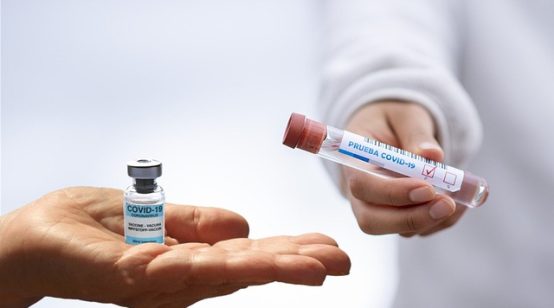
Rising Cases Spark Health Alert
A wave of health concerns has emerged in northeast England after dozens of individuals reported symptoms consistent with botulism following Botox cosmetic procedures. According to the UK Health Security Agency (UKHSA), 28 people have experienced adverse effects after receiving Botox treatments, prompting an urgent investigation by health officials. The alarming cases were first identified by the local NHS trust in Durham, which issued a public alert on June 13 warning of potentially life-threatening reactions linked to cosmetic injections.
Authorities are also examining claims regarding the unlawful sale and distribution of Botox-like products, raising additional concerns about unlicensed practitioners administering prescription-only medicines. The UKHSA and the Medicines and Healthcare products Regulatory Agency (MHRA) are now working together to determine the cause of these reports and prevent further cases.
Symptoms and Risks of Botox-Linked Botulism
Botulism is a rare but serious illness caused by a toxin produced by Clostridium botulinum bacteria, which attacks the nervous system and can result in paralysis. While Botox—a cosmetic formulation of the botulinum toxin—is commonly used to reduce wrinkles or treat medical conditions like migraines and excessive sweating, its misuse can lead to dangerous consequences.
In these recent cases, individuals developed symptoms such as drooping eyelids, double vision, slurred speech, difficulty swallowing, lethargy, and facial muscle weakness. These symptoms align with iatrogenic botulism, a form of the illness caused by incorrect dosage or improper application of botulinum toxin during cosmetic treatments.
Although the condition can be treated with antitoxins, delayed care increases the risk of the toxin spreading to the respiratory muscles, which could become fatal. According to the NHS, botulism can be deadly in 5–10% of cases if not treated promptly.
Investigations and Legal Scrutiny Underway
The UKHSA has noted that current evidence does not point to contamination of the product itself but instead highlights possible misuse. Symptoms among affected individuals have appeared from a few days up to four weeks post-injection, underlining the need for long-term monitoring. Most of the practitioners associated with the cases have reportedly ceased offering the procedures, but officials warn that new reports may still surface.
Dr. Simon Howard from UKHSA emphasized the importance of seeking licensed and qualified professionals for any aesthetic treatments. “We advise anyone experiencing symptoms to seek immediate medical attention,” he stated.
Simultaneously, the MHRA is conducting a thorough investigation into alleged illegal sales of Botox-type substances. Dr. Alison Cave, MHRA’s Chief Safety Officer, confirmed their commitment to identifying and prosecuting individuals involved in unauthorized trade. She reiterated that Botox is a prescription-only drug and must only be administered by qualified healthcare providers.
In addition to UK cases, a related incident in Massachusetts, USA, saw 10 individuals diagnosed with botulism following Botox injections at an unlicensed spa. These developments highlight a growing global concern over cosmetic procedures performed outside of regulated medical settings.
This incident serves as a critical reminder about the risks associated with unregulated aesthetic treatments. As authorities continue to investigate, both practitioners and clients are urged to prioritize safety, legality, and proper medical oversight in all cosmetic procedures.





